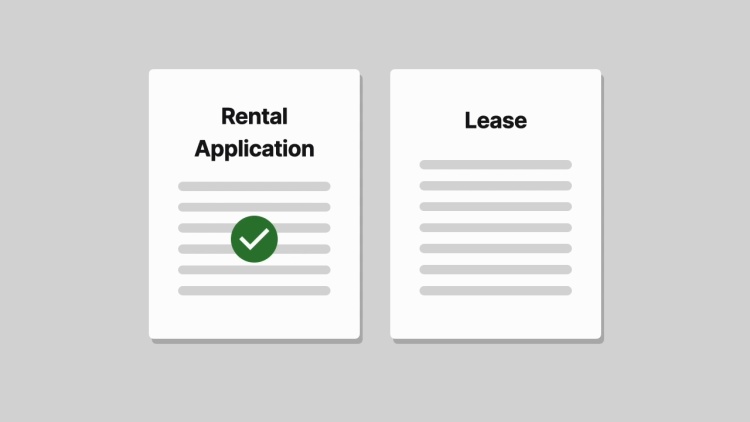Beatley v. Knisley
Ohio Court of Appeals
917 N.E.2d 280, 183 Ohio App. 3d 356 (2009)
- Written by Liz Nakamura, JD
Facts
Katherine Knisley, Jaclyn Wanner, and Julianne Irene (the students) (defendants) toured a rental apartment owned by Jack Beatley near the university they attended. Beatley told the students that he would rent the apartment to them provided the students satisfied three conditions: (1) the students found a guarantor, (2) the students paid a deposit, and (3) the students found a fourth roommate to sign onto the lease. All three students signed the lease agreement that day. The lease agreement did not include any of the conditions precedent but simply stated that the students might be required to obtain a guarantor or pay a deposit and that no more than four individuals could occupy the apartment. The students never fulfilled any of the three conditions and never took possession of the apartment. Beatley sued the students for breach of contract and moved for summary judgment. The students countered, arguing that the lease agreement had never gone into effect because the students had never fulfilled Beatley’s three oral conditions precedent. Beatley countered, arguing that the parol-evidence rule barred the introduction of any extrinsic evidence related to oral conditions imposed before the execution of the written lease agreement. The trial court granted Beatley summary judgment. The students appealed.
Rule of Law
Issue
Holding and Reasoning (Klatt, J.)
What to do next…
Here's why 911,000 law students have relied on our case briefs:
- Written by law professors and practitioners, not other law students. 47,100 briefs, keyed to 997 casebooks. Top-notch customer support.
- The right amount of information, includes the facts, issues, rule of law, holding and reasoning, and any concurrences and dissents.
- Access in your classes, works on your mobile and tablet. Massive library of related video lessons and high quality multiple-choice questions.
- Easy to use, uniform format for every case brief. Written in plain English, not in legalese. Our briefs summarize and simplify; they don’t just repeat the court’s language.






